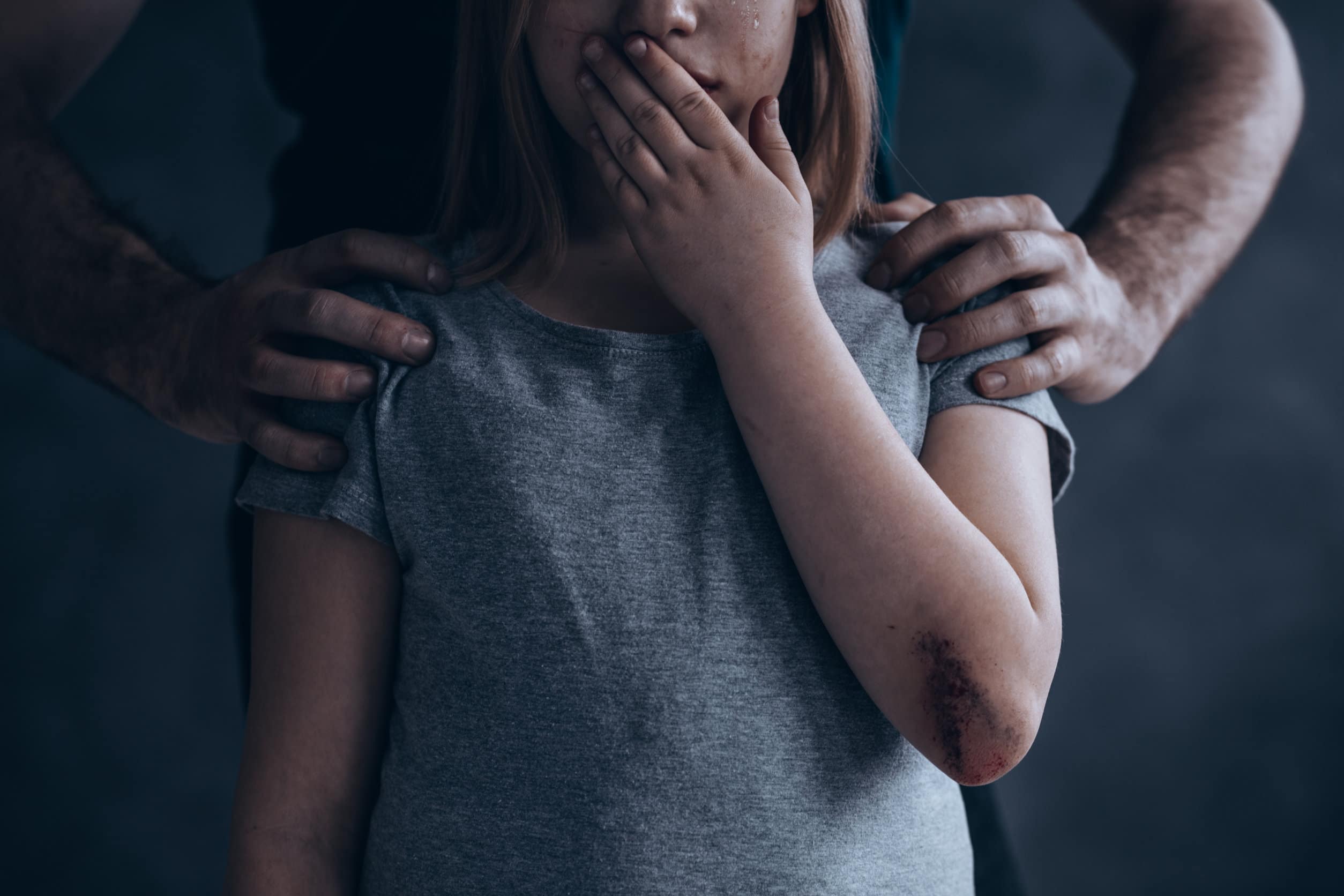The idea of incest in the law seems like a fairly straightforward one. But in Colorado, incest has a bit of a different definition – one that not everyone may be familiar with.
You may think you know what incest and aggravated incest are, but it’s important for the sake of clarity to really understand how the state of Colorado sees these crimes. This will help you know what sorts of actions are legal and what are not.
Here is what you need to know about incest and aggravated incest, including the definition of each and the penalties that can be faced if you are found guilty of committing either.
Incest in Colorado
The law defines incest clearly in Colorado. If you knowingly marry, sexually penetrate, commit sexual intrusion on, or subject a descendant or ancestor to sexual contact – people such as your child, a half-sibling, or anyone else to whom you are related by either blood or adoption – then you have committed this crime.
In Colorado, incest can be charged if the victim is any type of descendant or close blood relative, no matter how old they are.
Penalties for Incest
Incest is classified as a Class 4 felony. If found guilty, you can serve anywhere from two years to life, depending on the circumstances of your specific case. You may also be required to pay fines of as much as $500,000 if found guilty.
However, if you use a deadly weapon or cause bodily injury to the victim, it can be considered as a crime of violence, which may result in a minimum of 10 years behind bars.
Aggravated Incest in Colorado
The biggest difference between Colorado’s incest and aggravated incest laws: The age of the victims.
According to the laws of the state, a person commits aggravated incest if they knowingly marry their natural child or sexually intrude or sexually penetrate them, exposing them to sexual contact. This law applies not only to natural children but also to stepchildren and children by adoption. Also, a child is defined under the law as anyone under the age of 21.
This crime can also be committed if someone sexually penetrates or commits sexual intrusion on a:
- Brother or sister (whole or half)
- Descendant
- Nephew
- Niece
- Aunt or uncle by blood who is under the age of 10
Penalties for Aggravated Incest
If you are found guilty of aggravated incest in Colorado, then it is a Class 3 felony. Penalties for this crime include a sentence that can be anywhere from four years to life incarceration, as well as fines of as much as $750,000.

Just as with incest, if bodily harm is caused to the victim or a deadly weapon is threatened to be used during the commission of the crime, then it is considered a crime of violence in Colorado. When aggravated incest is considered a crime of violence, then the minimum sentence is 21 years in prison.
Incest and aggravated incest are both usually charged in conjunction with other serious sex crimes, so it’s vital to ensure you have an attorney as soon as possible to help protect your rights. An experienced criminal defense attorney can craft the best defense for your case – and help you to understand each step of the criminal process.
About the Author:
Kimberly Diego is a criminal defense attorney in Denver practicing at The Law Office of Kimberly Diego. She obtained her undergraduate degree from Georgetown University and her law degree at the University of Colorado. She was named one of Super Lawyers’ “Rising Stars of 2012 & 2019” and a “Top 100 Trial Lawyers in Colorado” for 2012-2020 by The National Trial Lawyers. Both honors are limited to a small percentage of practicing attorneys in each state. Additionally, Expertise names her to its lists of the 25 Best Denver DUI Lawyers and 21 Best Denver Criminal Defense Lawyers, both in 2020. Ms. Diego has also been recognized for her work in domestic violence cases.





